From the 11th of September to the 19th, aspiring, new, and veteran filmmakers from all across B, and all areas of world gathered in Denpasar, Bali for the very successful 11th Minikino Film Week (MFW) Bali International Short Film Festival.
Since 2002 film lovers of all ages, back grounds, and creative disciplines have gathered to combine their time, energy, and impressive efforts to create a festival that not only celebrates short films of every genre, narrative styles and art forms imaginable—truly, I saw animation styles there I’d never seen before on screen—but also serves to educate attendees about what it takes to make a film.
Lead by festival director Edo Wulian, program director Fransiska Prihadi, and I Made Suarbawa director of the Traveling Cinema Program, Minikino is a unique film festival that anyone lucky enough to attend that will remind you what it is that makes the medium of film such an enthralling magical experience to observe, but also remind and reveal how exhausting and challenging it can be to just even start the process of making a film.
At the opening ceremony held at the Dharma Negara Alaya cultural centre, the very first film shown was the 9 minute Canadian short Blitzmuzik written by Martin Amlot and Pier-Philippe Chevigny, and directed by Amiot about two soldiers from opposing sides, who upon finding themselves stranded in a house riddled with the scars of war, are left with nothing but the dust covered musical instruments inside when they run out of bullets.
What made Blitzmuzik an interesting choice to start the festival wasn’t only it’s anti-war message—especially resonate in our current global political climate with the genocides in Palestine, Sudan, and Congo, and the anti-corruption revolutions happening in Indonesia, Malaysia, and Myanmar, the latter countries from which filmmakers were in attendance—it was the demonstration of Audio Description for the blind and visually impaired and Closed Captioning in native Balinese and Indonesian languages, which members of the Minikino team also do themselves.
Before the presentation of the film, the lead Minikino Audio Visual Technician spoke briefly about what goes into doing AD for a film and their collaborations with the Blind and otherwise disabled community to ensure the best theatrical film experience possible for anyone wishing to take part.
There was also a screening of the Kornico Museum, a special cross-cultural multinational children’s workshop initiated by Minikino (Indonesia), SESIFF (South Korea), and Bogoshorts (Colombia) organizations.
The program, now in its 3rd year, culminated in a screening of the stop-motion animated film created by the young participants, and presentation of certificates and awards to those able to attend the festival in person. These segments of the opening ceremony and many others throughout the festival’s run, demonstrated how dedicated the team at Minikino are to providing a truly inclusive environment for local Balinese audiences as well as international visitors.
Throughout the festival various panels, discussions, and interactive events such as Roast Your Shorts-an open session where festival programmers, journalists, and film critics such as myself gave helpful feedback on some of the films directly to the filmmakers like director Coralie Wantanabe Prosper and actress Rei Wantabe of Kotowari, and alemberg Moa Ang producer of the Filipino short Water Sports.
There were walks through Denpasar neighbourhoods, parks where indigenous music competitions were being held, picnics, children’s art workshops and special screenings, and of course post-screening Q&As.
While attending Minikino Film Week, I had the pleasure of speaking to many people about their work, interests, and film and festival industry in their respective countries, among them were Matt Lloyd’s film programmer and festival director of the Glasgow Short Film Festival who also served as a member of the National Jury Board, and award-winning Irish-Canadian multi-disciplinary artist and filmmaker Holly Márie Parnel, whose short films Cabbage (2023) and Hole in the Stone (2025) inspired by her personal life, environment and community, were selected for the Bali-Glasgow Filmmaker Exchange. Joining the exchange program was Indonesian director Haris Yuliyanto with his short Fish, Please (Pelabuhan Berkabut) co-written with Jovan Ardiansyah.
During my discussion with Fransiska, Matt and Holly, they spoke about the collaboration between the two film festivals, how the national and international film and festival industries have changed from their perspectives, and what inspires each of them to keep making art and connections through film.
For a full list of festival award winners, visit the official Minikino Film Week 11 awards page at minikino.org/filmweek/mfw11-award-winners.
*Editorial note: Due to unavoidable circumstances some sections of the interview audio are slightly distorted, and please excuse my hands.
Carolyn Hinds
Freelance Film Critic, Journalist, Podcaster & YouTuber
African American Film Critics Association Member, Tomatometer-Approved Critic
Host & Producer Carolyn Talks…, and So Here’s What Happened! Podcast
Bylines at Authory.com/CarolynHinds
Twitter & Instagram: @CarrieCnh12
#MinikinoFilmWeek11 #KcrushIntervewWithFransiskaPrihadi #MattLloyd #HollyMarieParnell #kcrush #kcrushmagazine #kcrushamerica #Asianfilm #filminterview #GlasgowShortFilmFestival #DenpasarBali #newfilm #Bali #BaliInternationalShortFilmFestival #filmmakers #Indonesia #SouthAsia #EastAsia #Europe #theAmericas

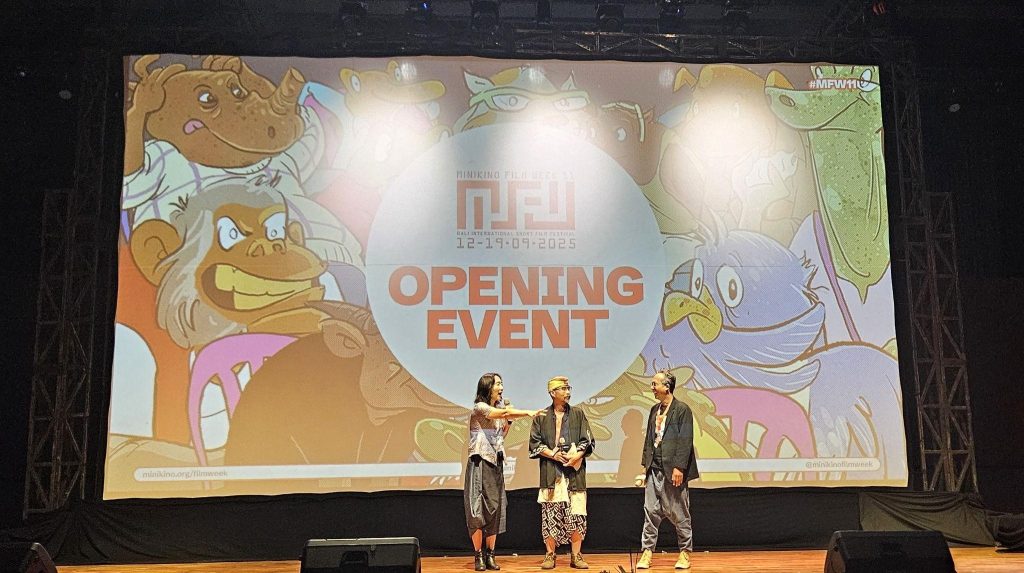
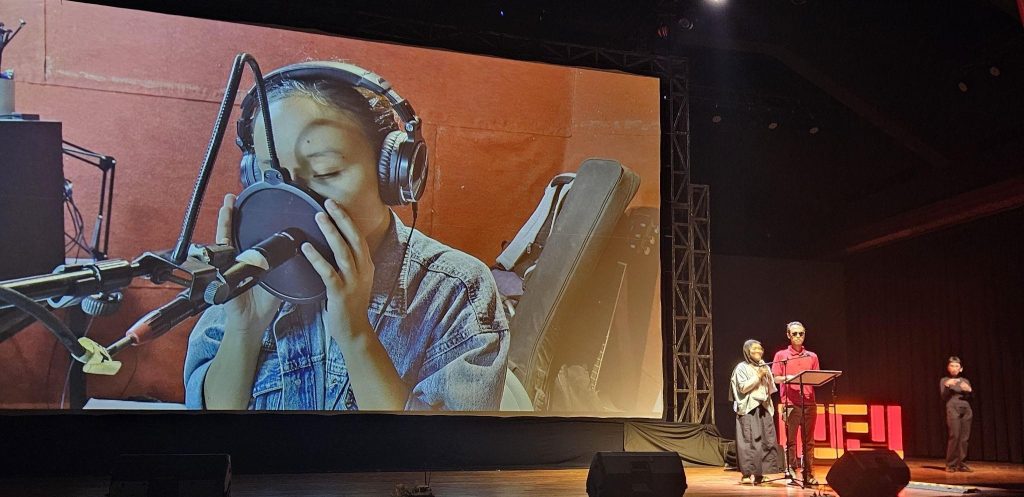
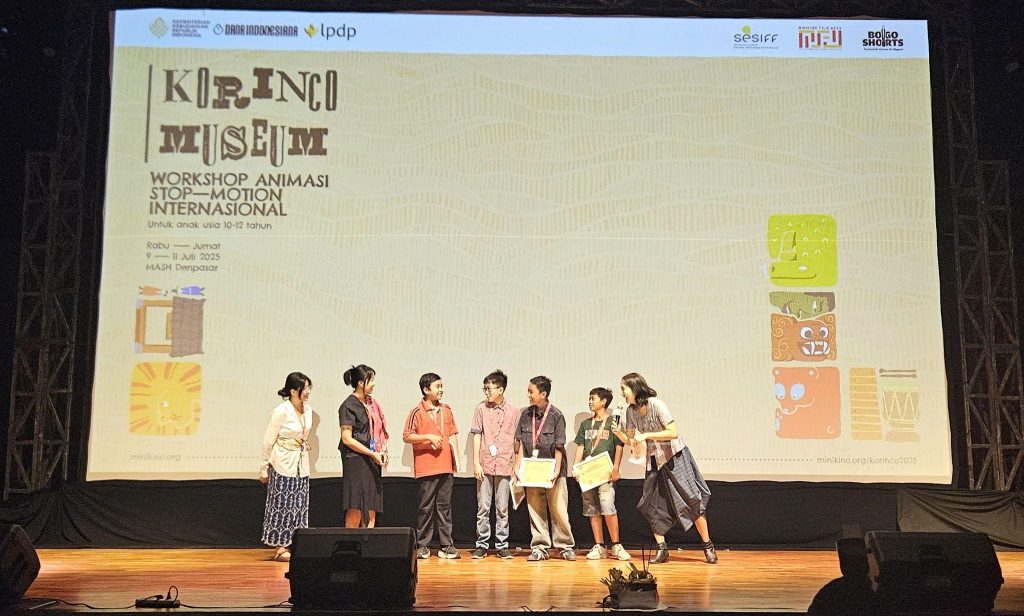
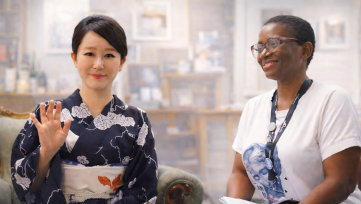
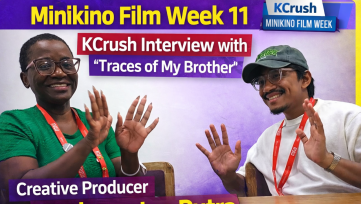
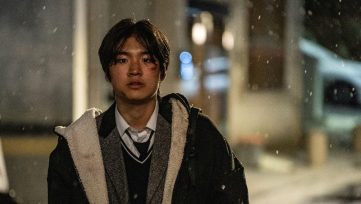
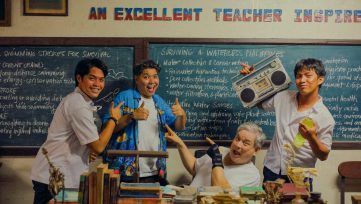
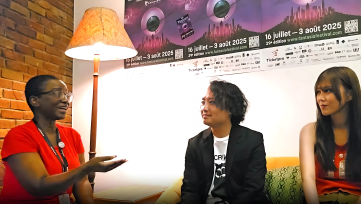

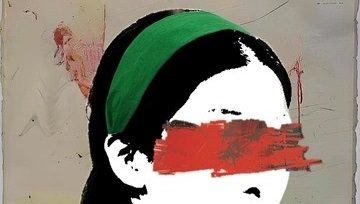



Leave a Reply